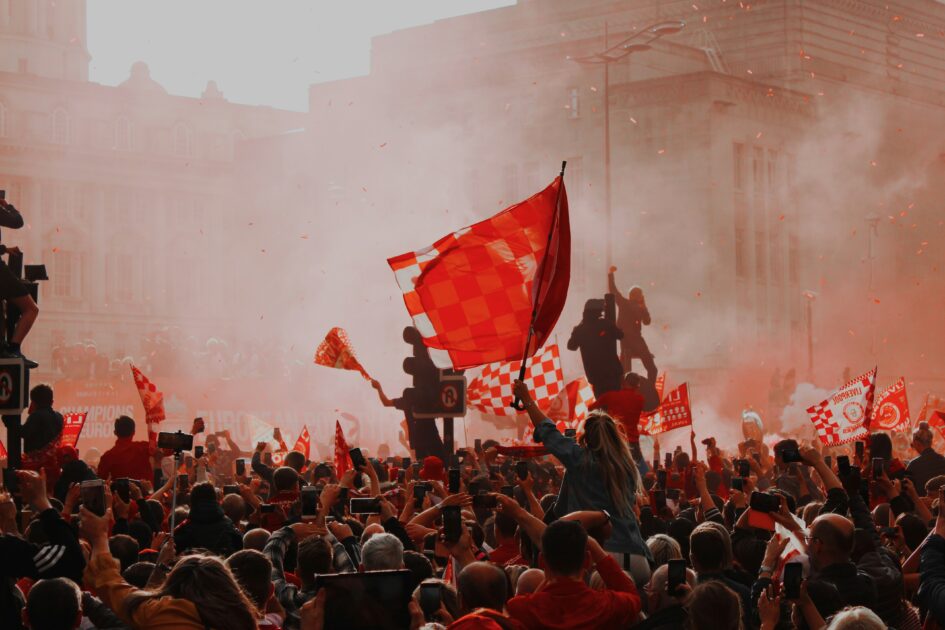Liverpool FC have just won their 20th English title. After years of dominance in the 1970s and 1980s, the following thirty years were barren affairs. However, in the last decade, a revolution has been brewing, and the trophies have followed, culminating in their latest success, which once again leaves them as the most successful English club. Here’s the story of how an investment group from Boston played their part in this.
A Takeover For Success
Fenway Sports Group’s (FSG) acquisition of Liverpool in 2010 aimed to transform the fortunes of the club. Much like forward-thinking companies trying to revitalise their brands, FSG took a data-driven approach to grow. The same approach can be seen across sectors. Take, for example, Betfair, an online gaming company that offer a broad range of games from penny roulette online, a virtual table game based on roulette that provides gamers a 3D immersive experience, to slot games, poker and sports betting. Through these offerings, they can cater to a wide range of users, leverage their data, and grow their business. Apple, in the late 1990s, offered a compelling comparison. Upon the return of Steve Jobs, the company streamlined their offering and focused on innovation.
While initially FSG may have been attracted by the history and prestige of both English football and Liverpool as a club, they had a clear focus on the future, revolutionising how the club operated and powering a period of success.
A Transformative Period
Spearheaded by John Henry, the club hired a new manager, Brendan Rodgers, as well as a director of football to oversee operations, and tried to integrate a new data-centric way of running the club, which extended to the players that they wanted to buy. Progress was slow, but in 2015, they changed tack and brought in Jurgen Klopp, and an upward trajectory continued until the present day. Winning multiple trophies under his stewardship and assembling one of the best squads in the world, the club was unrecognisable from that in 2010.
A Few Wrong Steps
Although their period has been a success, the owners have not been without their critics. They attempted to trademark the word ‘Liverpool’ in 2019, were founding members of an ill-fated Super League, and also tried to increase ticket prices, which led to a mass walkout during a match. Mistakes like these are common in football ownership, but FSG proved adept at managing any blowback and not repeating similar errors. This extends to the footballing side of things too, whether it be with playing or non-playing staff.
Since their takeover, FSG have changed the club for the better. They have built a new training facility, increased the stadium capacity, reduced costs, and, most importantly for the fans, won trophies. They are still not without their critics due to their reluctance to invest in the playing squad to the extent of other clubs, but overall, their takeover has been a resounding success and an example of how to complete a successful takeover, regardless of the industry.

